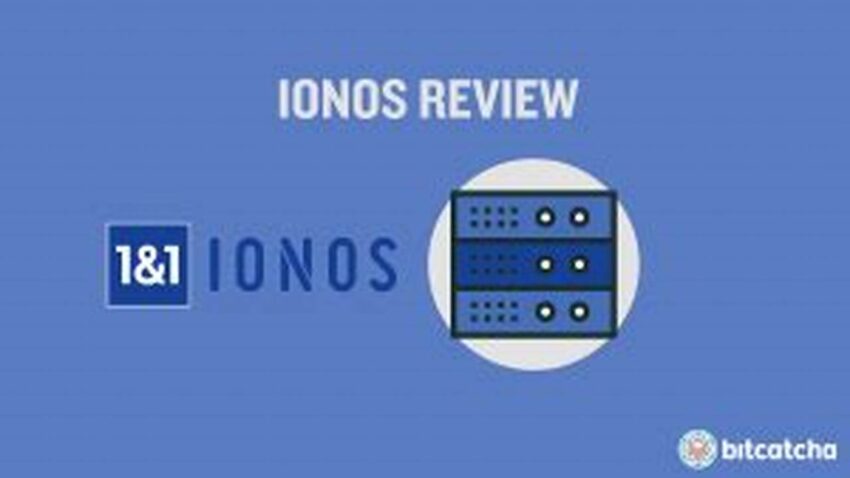Ensuring consistent availability of your online presence is crucial for business success. Extended downtime can lead to lost revenue, damaged reputation, and frustrated users. This article provides strategies and practical advice for maintaining high availability for your Ionos-hosted services.
Monitoring
Implement robust monitoring tools to track server health, resource usage, and network connectivity. Proactive monitoring allows for early detection of potential issues.
Redundancy
Employ redundant systems and infrastructure to minimize single points of failure. This could include backup servers, redundant power supplies, and geographically diverse data centers.
Security
Regular security audits and updates are essential to prevent vulnerabilities that can lead to downtime. Implement strong passwords, firewalls, and intrusion detection systems.
Performance Optimization
Optimize website and application performance to reduce server load and improve response times. This includes optimizing database queries, minimizing HTTP requests, and leveraging caching mechanisms.
Disaster Recovery Planning
Develop a comprehensive disaster recovery plan to ensure business continuity in the event of a major outage. This plan should outline procedures for data backup and restoration, failover mechanisms, and communication protocols.
Software Updates
Keep your operating system, applications, and software libraries up to date to patch security vulnerabilities and improve performance. Schedule updates during off-peak hours to minimize disruption.
Resource Management
Monitor resource usage, such as CPU, memory, and disk space, to identify potential bottlenecks. Optimize resource allocation to prevent performance degradation and downtime.
Scalability
Design your infrastructure with scalability in mind to accommodate future growth and traffic spikes. Cloud-based solutions offer flexibility and scalability to adapt to changing demands.
Expert Support
Utilize available support channels and resources for assistance with troubleshooting and resolving technical issues. Proactive communication with support teams can help prevent downtime.
Tip 1: Regular Backups
Implement automated and regular backups of your data and configurations. This ensures quick recovery in case of data loss or system failures.
Tip 2: Load Balancing
Distribute traffic across multiple servers to prevent overload and ensure high availability during peak periods.
Tip 3: Content Delivery Network (CDN)
Utilize a CDN to cache static content closer to users, reducing latency and improving website performance.
Tip 4: Server Health Checks
Regularly perform server health checks to identify potential issues before they impact service availability.
How can I monitor my Ionos server’s performance?
Ionos provides various monitoring tools and metrics within its control panel, allowing you to track key performance indicators.
What are the best practices for securing my Ionos server?
Implement strong passwords, enable two-factor authentication, and regularly update security software to protect your server from unauthorized access.
How can I scale my Ionos hosting resources to accommodate increased traffic?
Ionos offers flexible scaling options, allowing you to easily upgrade your resources as needed to handle growing traffic demands.
What support options are available if I encounter technical issues with my Ionos server?
Ionos provides 24/7 customer support via phone, email, and chat to assist with troubleshooting and resolving technical problems.
What should I do if my Ionos server experiences downtime?
Consult the Ionos status page for updates on known outages. If the issue is not listed, contact Ionos support immediately.
How can I optimize my website’s performance on Ionos hosting?
Leverage caching mechanisms, optimize database queries, and minimize HTTP requests to improve website loading speed and performance.
By implementing these strategies and best practices, you can significantly enhance the availability of your Ionos-hosted services and ensure a consistent online presence.

